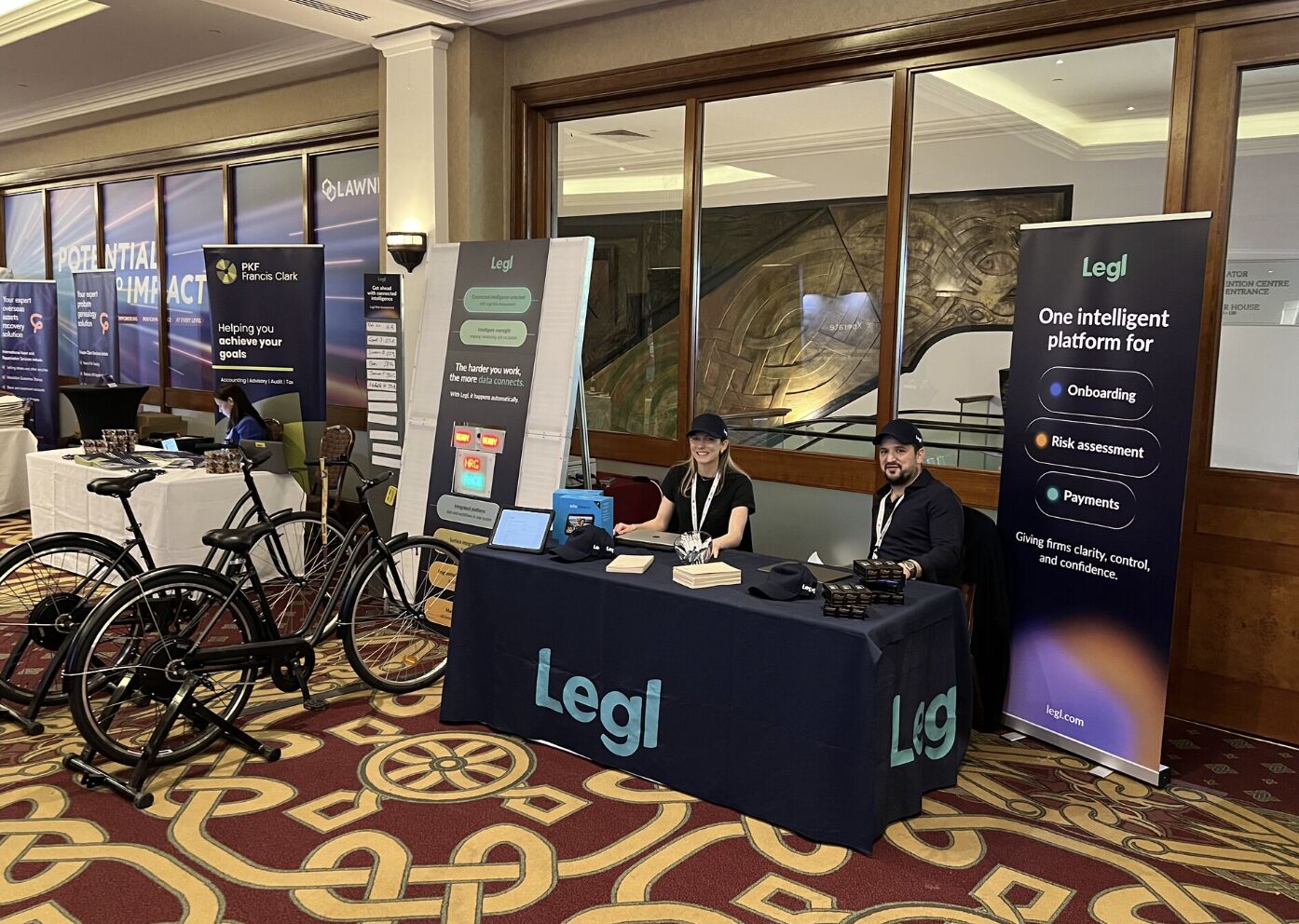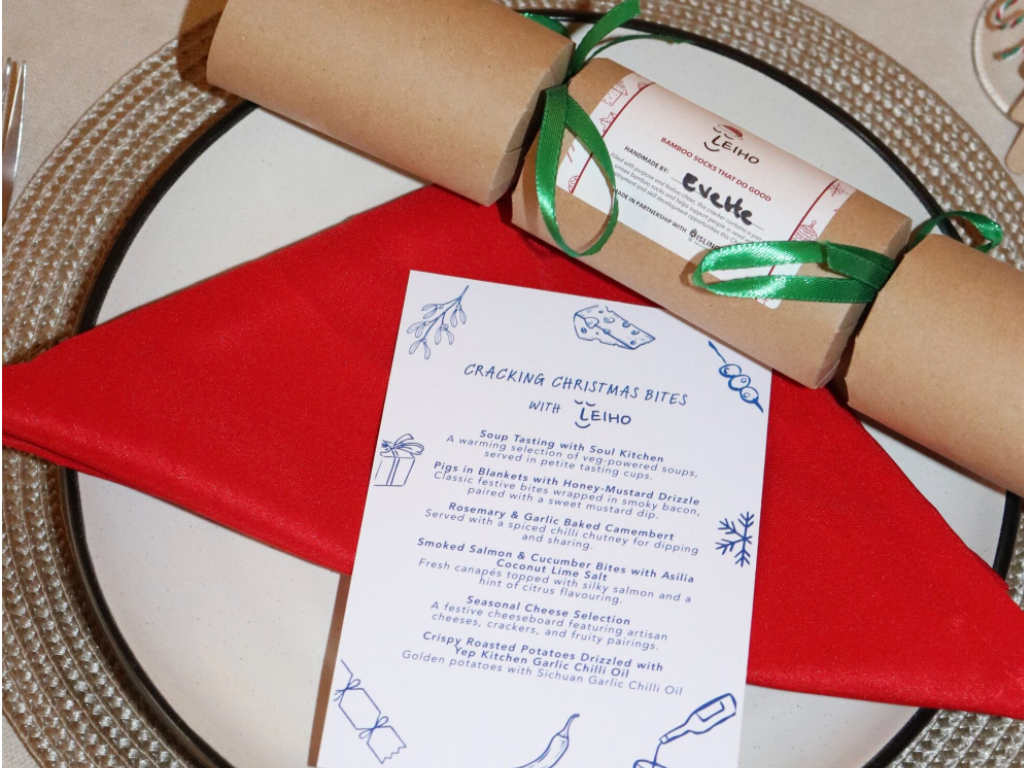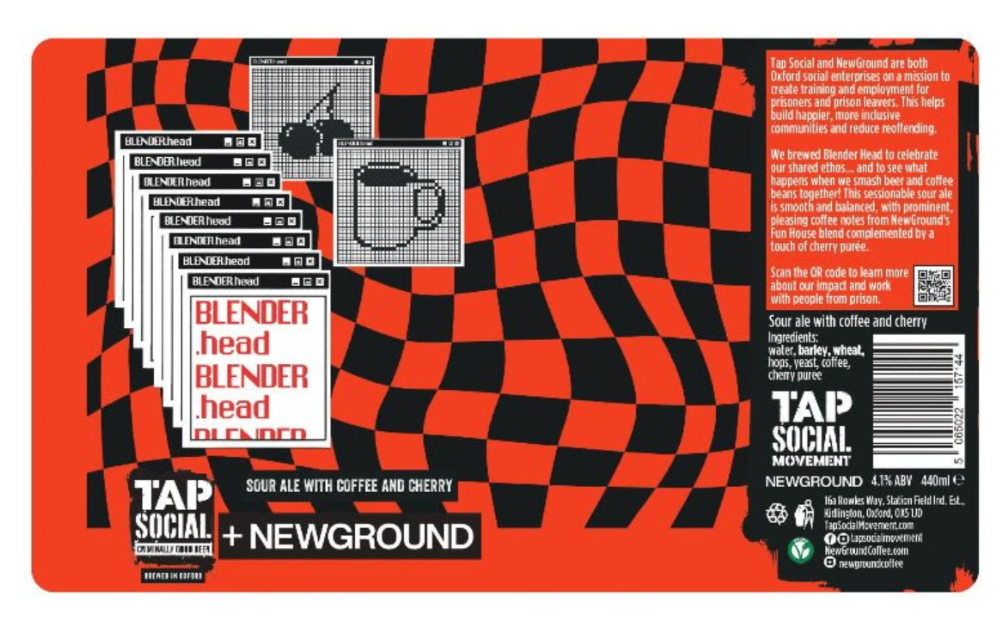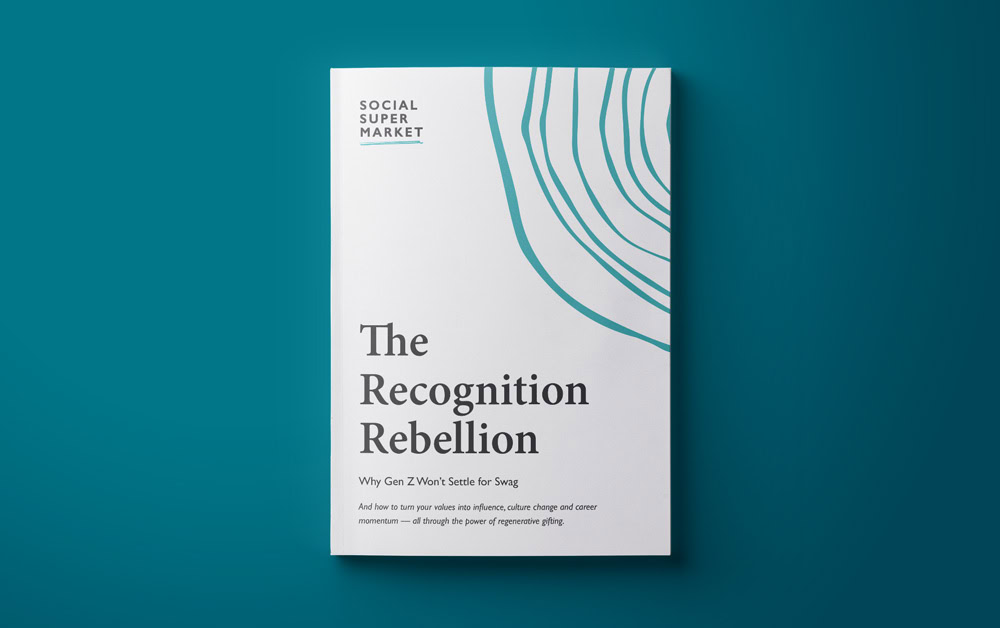
How to start a B Corp – the Ocean Bottle journey
26/2/2024
Who: William Pearson and Nick Doman
Brand launched: 2019
Product: Sustainable, stylish and dishwasher-safe reusable water bottles.
Impact: Every water bottle funds the collection of ocean-bound plastic – the equivalent of 1000 plastic bottles – which is then sent for recycling into new products. Through a partnership with Plastic Bank, the process creates income opportunities for locals in areas with high levels of plastic pollution.
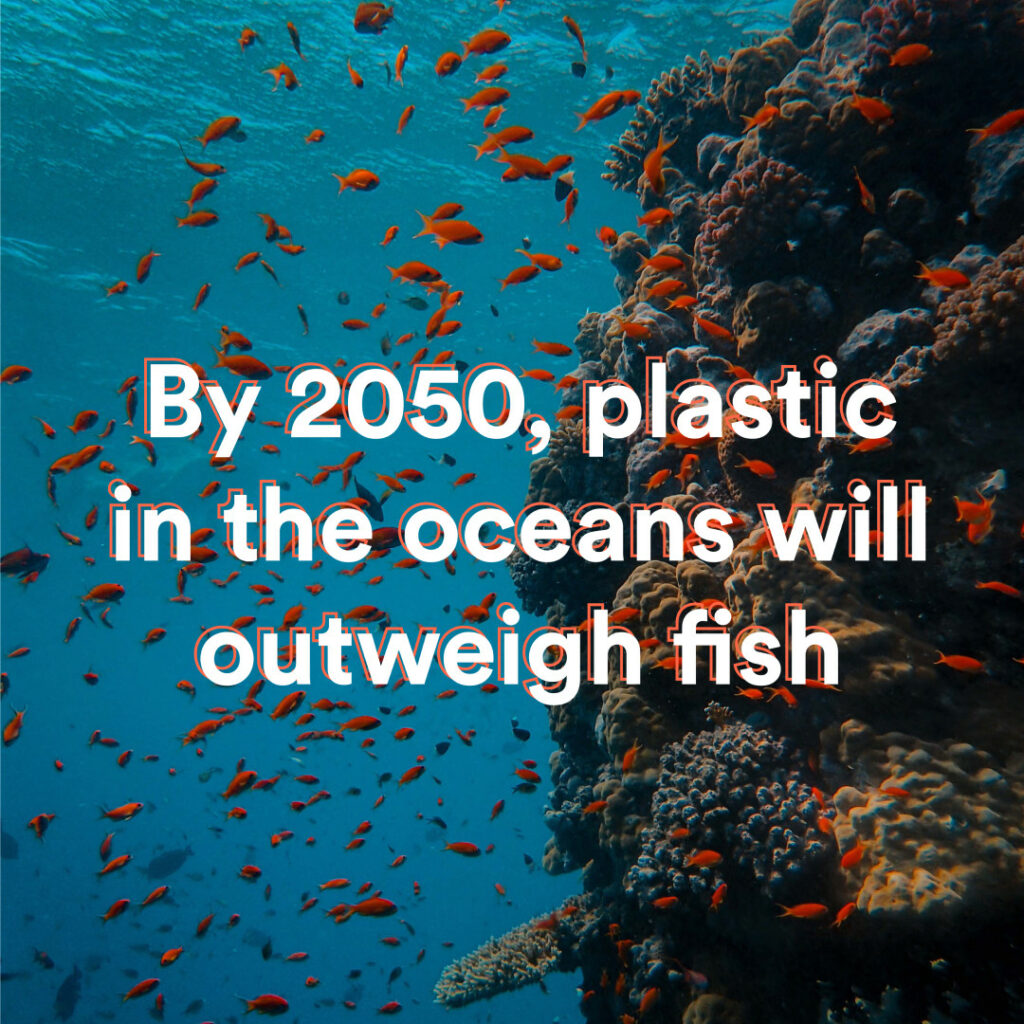
SSM: What inspired you to start Ocean Bottle?
Will: I’ve been really interested in the environment for a long time, all the way back from high school and geography class. I was just completely obsessed with all of the challenges that we faced and the opportunities to overcome them. So I think that dragged me in.
After studying engineering, I spent a year as a deckhand and as it happened, my housemate studied microplastics and wouldn’t stop banging on about them. The problem that we started to research about was how plastic is expected to quadruple in the next two decades. I personally felt absolutely determined to try and do something about this and prevent that from happening.
So that was really the genesis behind the Ocean model – how can we enable individuals to help create a global impact on the plastic crisis? The first thing we decided was that every bottle would fund collection equivalent to 1000 plastic bottles. Everything was built from that foundation.
A bottle became a no-brainer product because people are buying it to reduce their own plastic footprint and to help save the ocean. Everyone drinks water and other beverages so there’s a huge opportunity to get everyone over to reusables.
SSM: Once you had the idea for the bottle, how did you get things started? Did you leave your job or was it a side hustle?
Will: I was studying at the time when we set up the company. I met Nick, my co-founder, at business school and it was like a meeting of minds, where we were talking about the idea and then just became increasingly interested in the possibility.
It was really one step at a time. It’s not zero to 100, it’s building block by building block. Eventually it became a full-time venture and here we are, a couple of years later. We launched in January 2019.
SSM: It feels like there’s a big conversation around individual action not being enough to turn the tide on the climate emergency. We need policy, governments and corporations to take action. How do you see Ocean Bottle as part of that conversation?
Will: We talk about that a lot. I think business needs to make it possible for individuals to be sustainable. In today’s world, it isn’t actually possible to be completely sustainable. You can walk into a supermarket and bring your tote, which you’ll fill with plastic products that cannot be recycled. So I think business has a huge responsibility and I think governments have the opportunity to make that happen much faster.
SSM: Can we talk about the financial side of getting a business off the ground? Did you bootstrap the business, or have you had any funding or grants?
Will: We basically bootstrapped as far as possible. We didn’t want to go for that typical venture capital route of fundraising round to the next fundraising round. We tried to build a financially sustainable business model from the get go. So we launched a crowdfunder and that really kicked things into action because obviously, we’re selling products and getting revenue in to drive the growth of the company and overall mission.
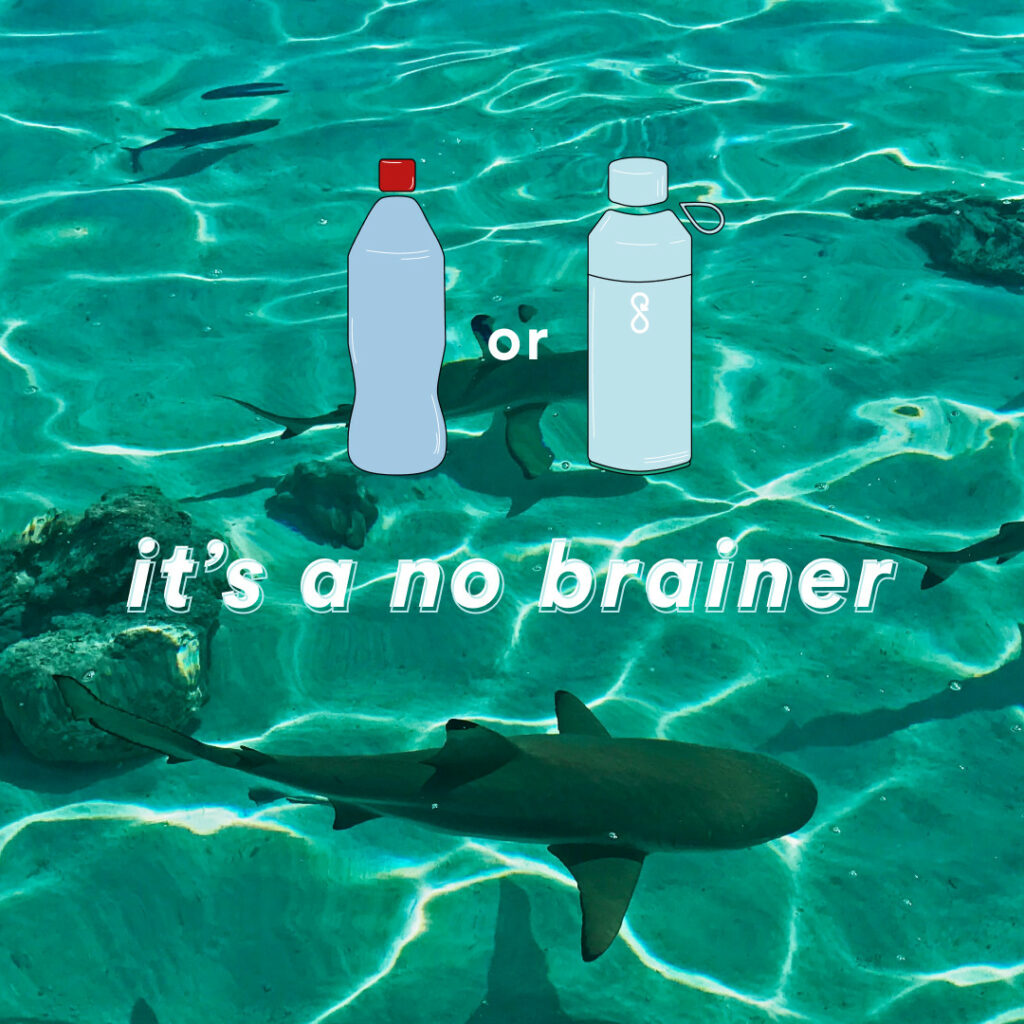
SSM: How did you launch the crowdfunder?
Will: We did it on Indiegogo, which is rewards-based crowdfunding. So people were generous enough to back us almost a year before they got the products, which was absolutely incredible. We can’t thank people enough.
We also had a lot of cool proponents dive in and buy bottles for employees. And that’s been a fantastic way for us to grow, working with a lot of different companies and brands.
SSM: So the product design, your partner, the price point – all that was in place before you launched the crowdfunding campaign?
Will: Yeah, everything was basically in place. We designed and developed products. We’d done basic steps in terms of marketing. I’d gone on a trip to Brazil to film some plastic collection work with Plastic Bank that we could use as a crowdfunding video. We tried to cut that up into as many segments and squeeze as much out of it as we possibly could. The only thing we hadn’t done was kick off the manufacturing process.
SSM: How did you design the bottle? Did you have in-house expertise or did you find a manufacturer?
Will: So really, we did everything. Everything has been made possible through fantastic partnerships, and amazing partners that have supported us along the way. We had a design agency develop the product completely from scratch and it was kind of a “let’s try and reinvent the wheel” approach to the bottle. We invested 3000 hours in product design, because we basically had two goals when we started the company: can we deliver uncompromising impact and make our products user friendly?
We didn’t want our product to just end up on shelves. Making it low-key and with that Scandinavian minimalism means that it’s a bit more timeless. And the functionality is so key. I mean, it was the first insulated, dishwasher-safe reusable bottle. Then finally, sustainability obviously plays a big part. We don’t use any composite materials. You can take it all apart at the end of its life and recycle it, which is uncommon actually.
SSM: Did you do much market research into the reusable bottle space before you set about on that product design journey?
Will: A lot of people said to us, you’re mad to do this – there’s so many reusables out there. And in a way, they aren’t wrong, because trying to cut through the category is really difficult. Communicating to your customers that your product is slightly different is really hard.
We did a fair bit of research going into it but naively thought we would be able to really easily communicate how different it is. I think we did everything in terms of making the bottle different but it’s that communication piece that’s perhaps more difficult.
SSM: How did you hone that, then? Because it feels like it’s very clear to understand that for each one, 1000 plastic bottles are collected?
Will: I think we came out with that simple message. It’s one bottle for a thousand plastic bottles. And I think what’s coming now is also the impact platform. Every single parcel has an NFC tag that enables individuals to increase the plastic collection for free, just by bringing it with them every single day to partner locations. So that drives people to really use it, which is exciting.
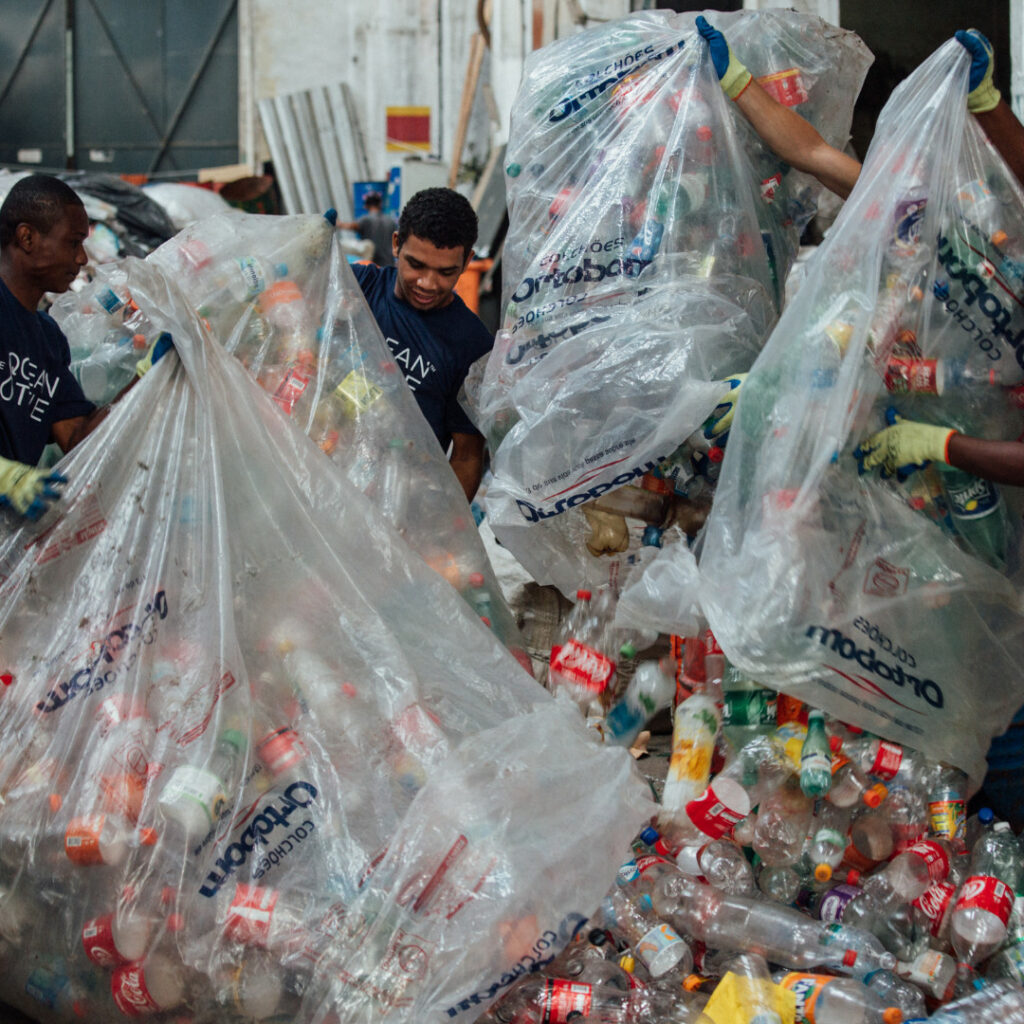
SSM: You must have approached Plastic Bank very early on, because you knew the impact you wanted to create. How did you get that partnership off the ground when you weren’t even a company yet?
Will: It’s funny, we were introduced by two scientists who were like, you have to talk to the Bank! And obviously, we came to the conversation with them and they kind of sceptically looked at me going, what is this? Is this student going to be able to pull off anything? And rightly so.
We really came to them saying, look, we want to drive loads of impact funding and engage individuals all around the world. We’ve done that to some extent and I think we’re excited to do more.
SSM: Do you find it’s easier from an impact measurement perspective to partner with an external charity organisation? Do they provide you all the data or are you pushing to get more metrics out of them?
Will: Yeah, I think we could have tried to do it ourselves but it just wouldn’t have made any sense. Because there are already organisations out there are doing a brilliant job, so why not support them?
Tracking solid things, that’s absolutely crucial. Like what kind of plastic has been collected, when, how much, where, who collected it – all of that kind of vital information that we can then accumulate.
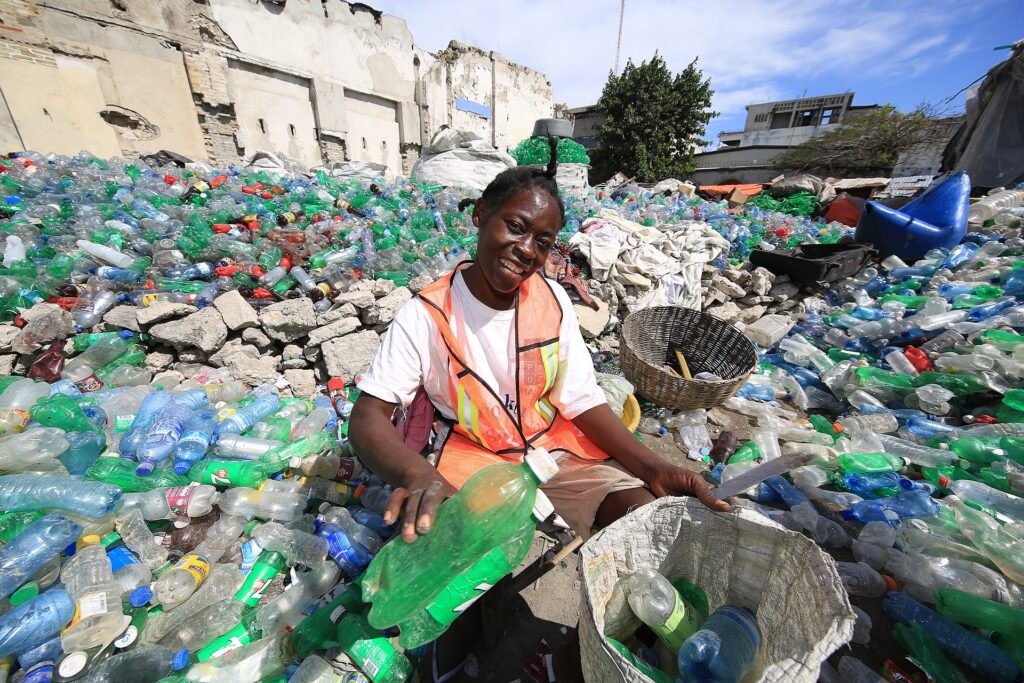
SSM: Do you think in the mind of the consumer, it’s something that there’s an appetite for – they want to understand the numbers?
Will: There’s two types of consumer, I think. One of them is super keen to get into the numbers and track everything. And the other one just wants to know that the good things are happening and they’re not so fussed about being hammered with numbers.
SSM: Would you be willing to share something that’s gone wrong, that you’ve been able to learn from?
Will: There’s loads of things! One of them was that we thought we could remotely operate a crowdfunder in Japan. What happened was all of our Japanese crowdfund backers got the wrong colour bottles, which was a complete nightmare.
I think we completely overwhelmed ourselves back in March. We tried to do too much at once and I burned out, hit the wall basically. I think prioritisation is such an amazing tool to use and it alleviates you of that feeling of like okay, we have to do everything today.
SSM: Okay, parting question. Is there one piece of advice that you would like to go back and give yourself when you were first starting out?
Will: Take time to celebrate those small wins that come your way. Because it is honestly all about the journey, not the destination. I think having a poster wall to write up those small wins is great. We do that with the team on a Slack channel called Small Celebrations.
Discover Ocean Bottle on Social Supermarket or speak to us now to get your own branded bottles.

